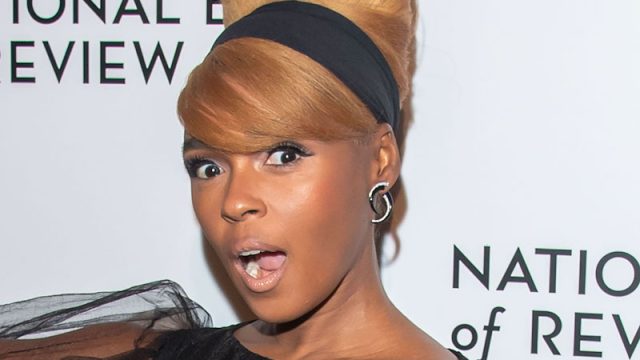Janelle Monae, Tina Turner Celebrated In V&A ‘Diva’ Show

Janelle Monae, Tina Turner, Aretha Franklin and more are to be celebrated in Diva, a new V&A exhibition. The show pays tribute to the power and creativity of divas, from the famed sopranos of the Victorian era to today’s global megastars. Diva opens at the V&A on 24 June and runs until 7 April 2024. Tickets are available here.
“Today the word diva holds a myriad of meanings,” said exhibition curator Kate Bailey. “At the heart of this exhibition is a story of iconic performers who with creativity, courage and ambition have challenged the status quo and used their voice and their art to redefine and reclaim the diva.”
“DIVA will be the first major exhibition to tackle the subject and to re-examine our perception of the diva in history and in popular culture,” Bailey said.
“The exhibition will feature trail-blazing divas who have disrupted the status quo and pushed boundaries through their art and voice –including bohemian performer Sarah Bernhardt – worshipped by fans as The Divine Sarah – whose performances in male and female roles were celebrated for their expressiveness, intensity and flamboyance”.
Dame Shirley Bassey said: “It is wonderful to see the diva celebrated in this exhibition, and to see the V&A reclaiming the title. To me, ‘diva’ is all about the power of the voice and the ability to entertain, to succeed against odds, to fight, and break through barrier after barrier: to have your voice heard.”
Altogether, Diva showcases more than 250 objects spanning fashion, photography, design, costumes, music and live performance.
Other items include the only known surviving dress worn by actor Clara Bow; costumes from fashion designer for the stars Bob Mackie (including clothes worn by Tina Turner, P!nk and Cher); Janelle Monáe’s “vulva pants” designed by Duran Lantink for the music video Pynk (2018); and Shirley Bassey’s pink gown designed by Julien MacDonald – including diamanté-studded wellington boots – worn on stage at Glastonbury 2017.
The exhibition also looks at how the featured performers have intersected with society and encouraged social and political change through their platform. For example, it explores how artists such as Billie Holiday, Nina Simone and Ella Fitzgerald endured backlash, criticism and danger to oppose the status quo, and how Aretha Franklin’s song Respect (1967) became an anthem of women’s empowerment and the US civil rights movement.
Others are spotlighted for making the diva a big part of their brand and expanding into the worlds of business, such as Rihanna, Dolly Parton and Barbra Streisand. And Grace Jones, Annie Lennox, Prince and Elton John are featured for using costume, androgyny and performance style as tools through which to express relationships with sexuality, gender and the body.

